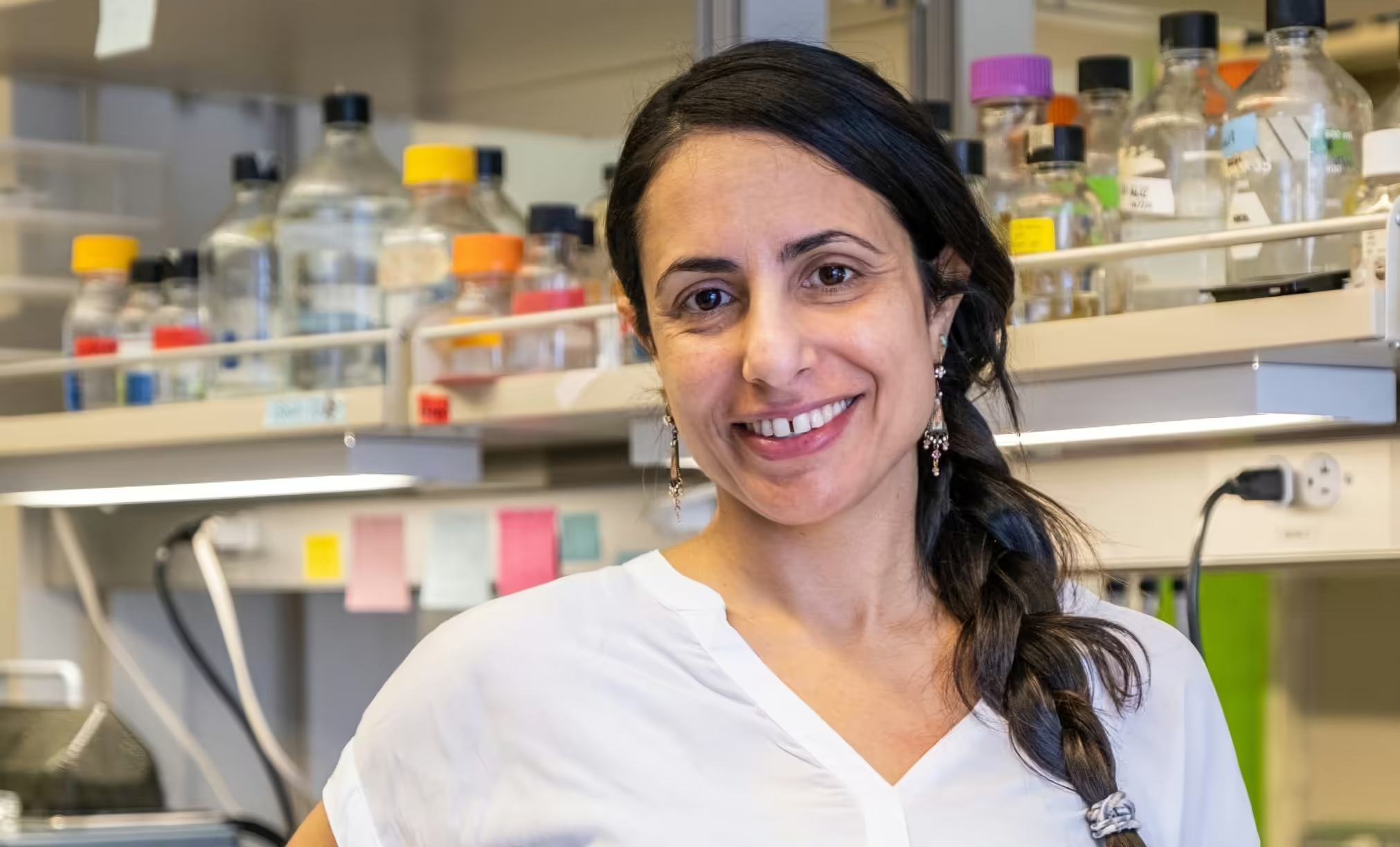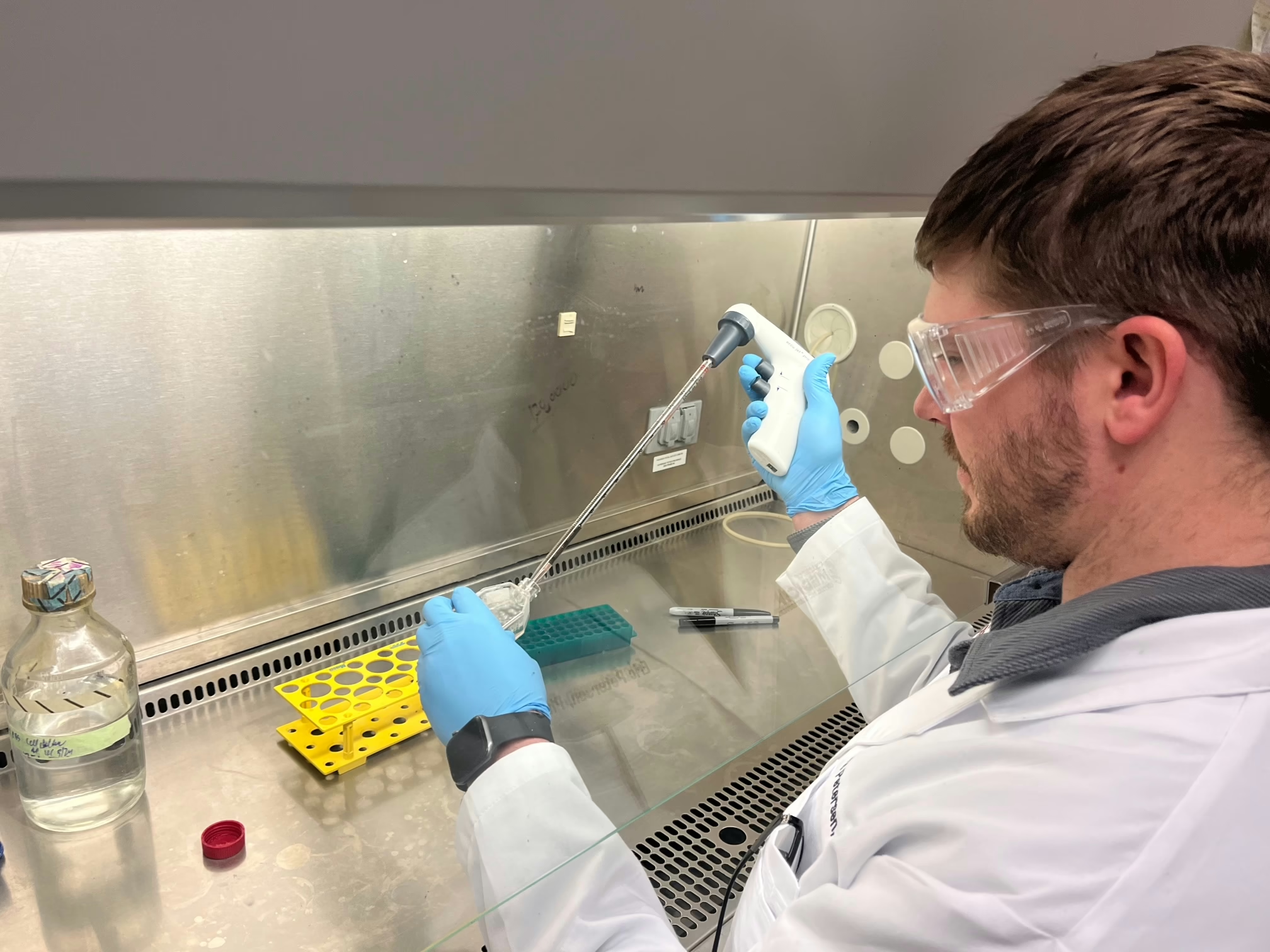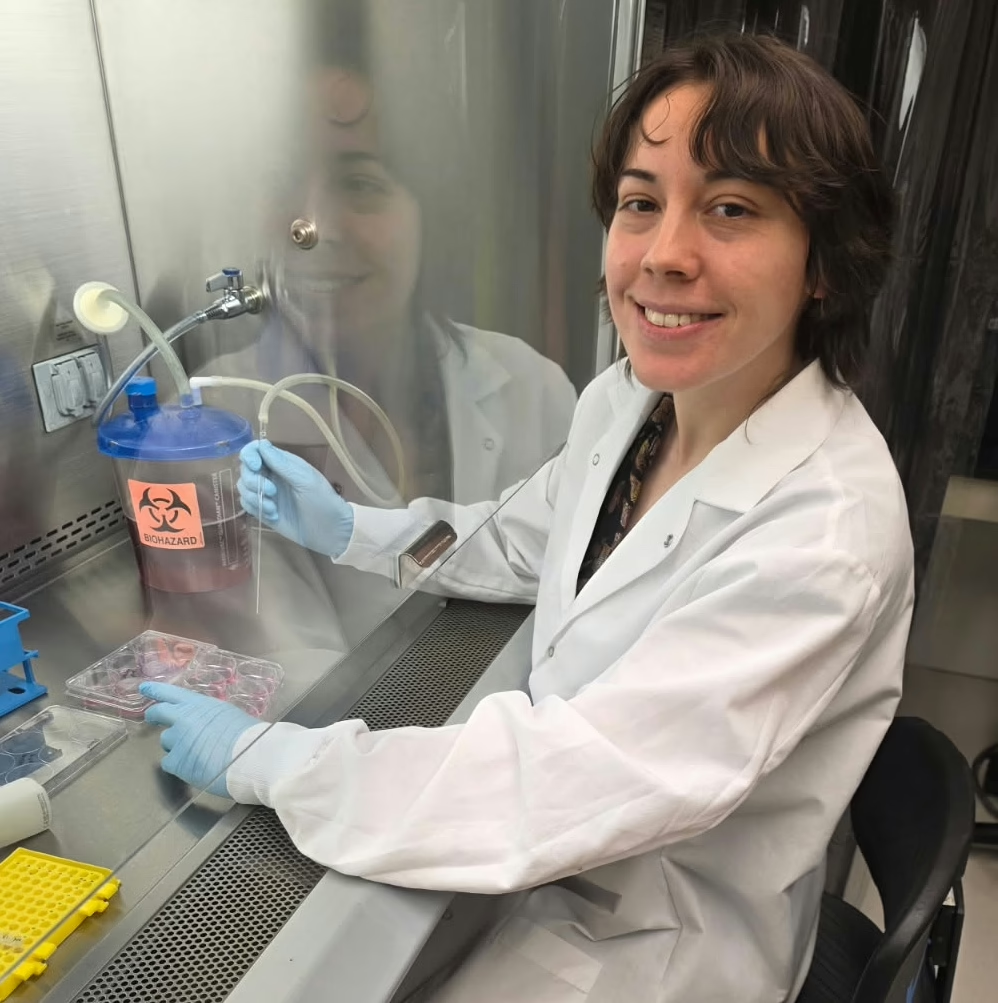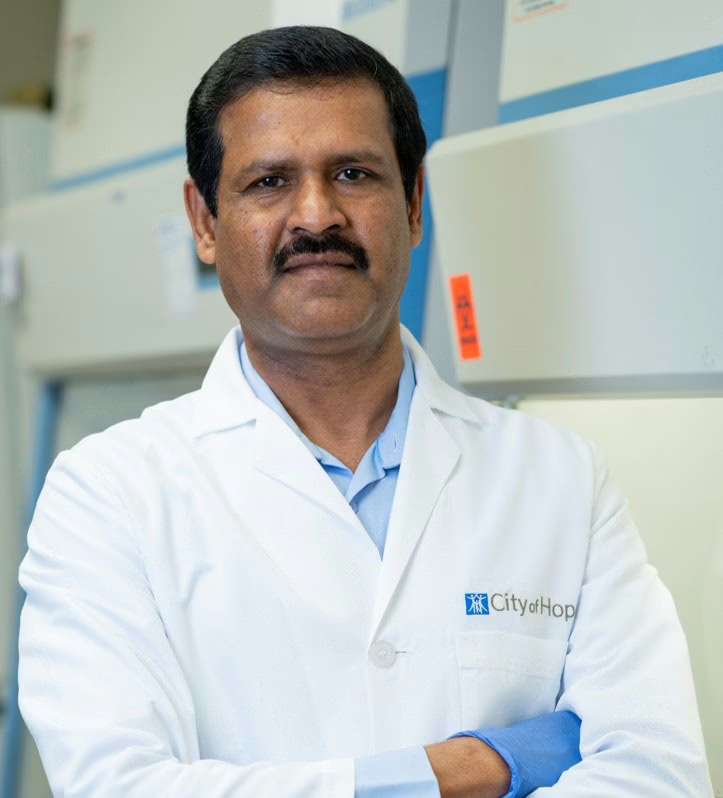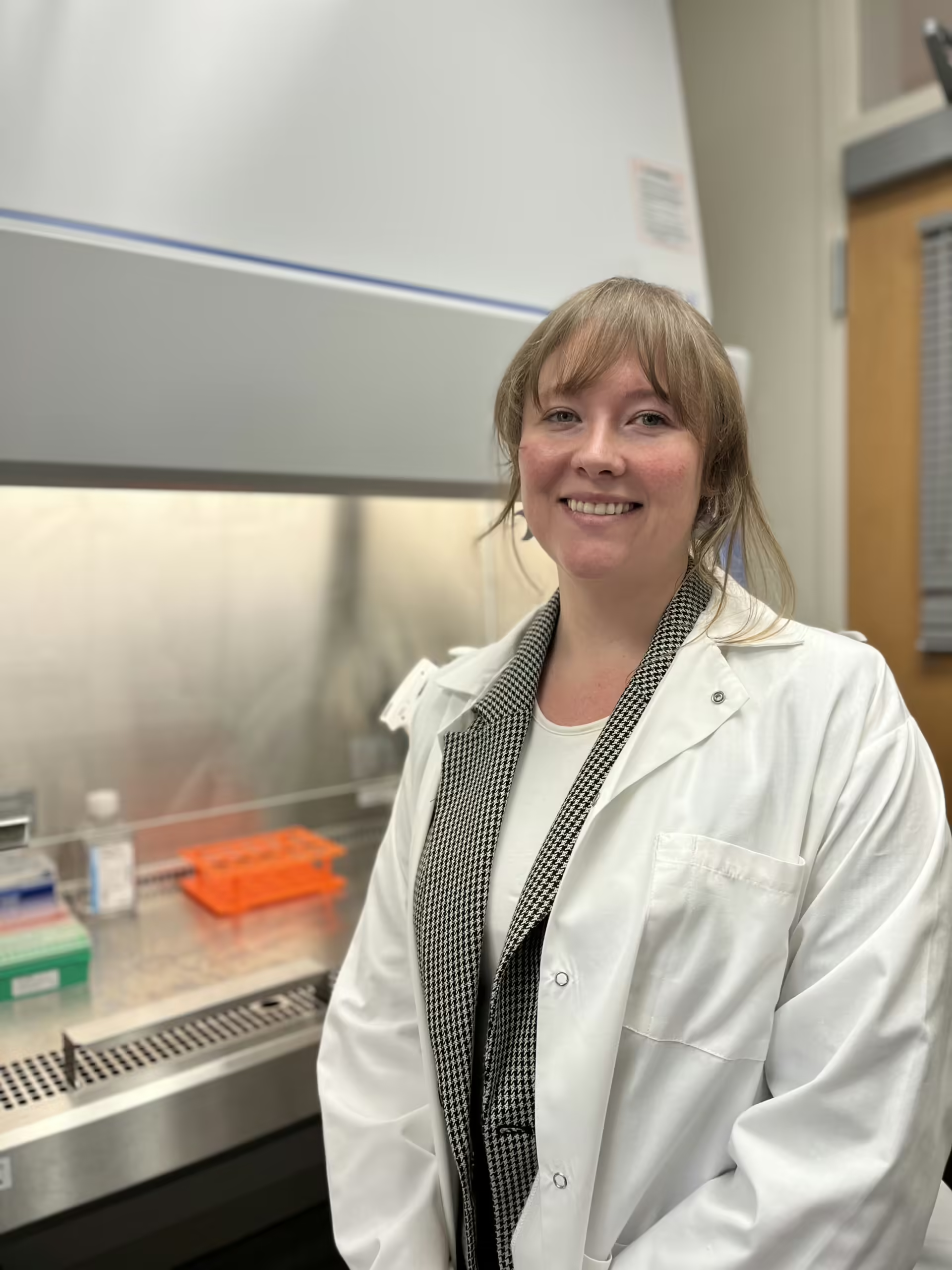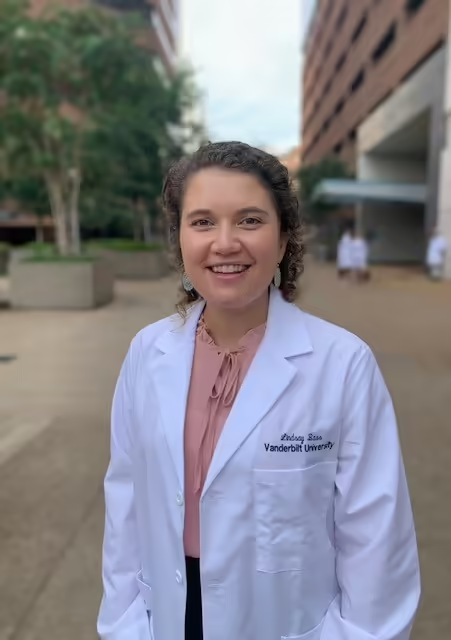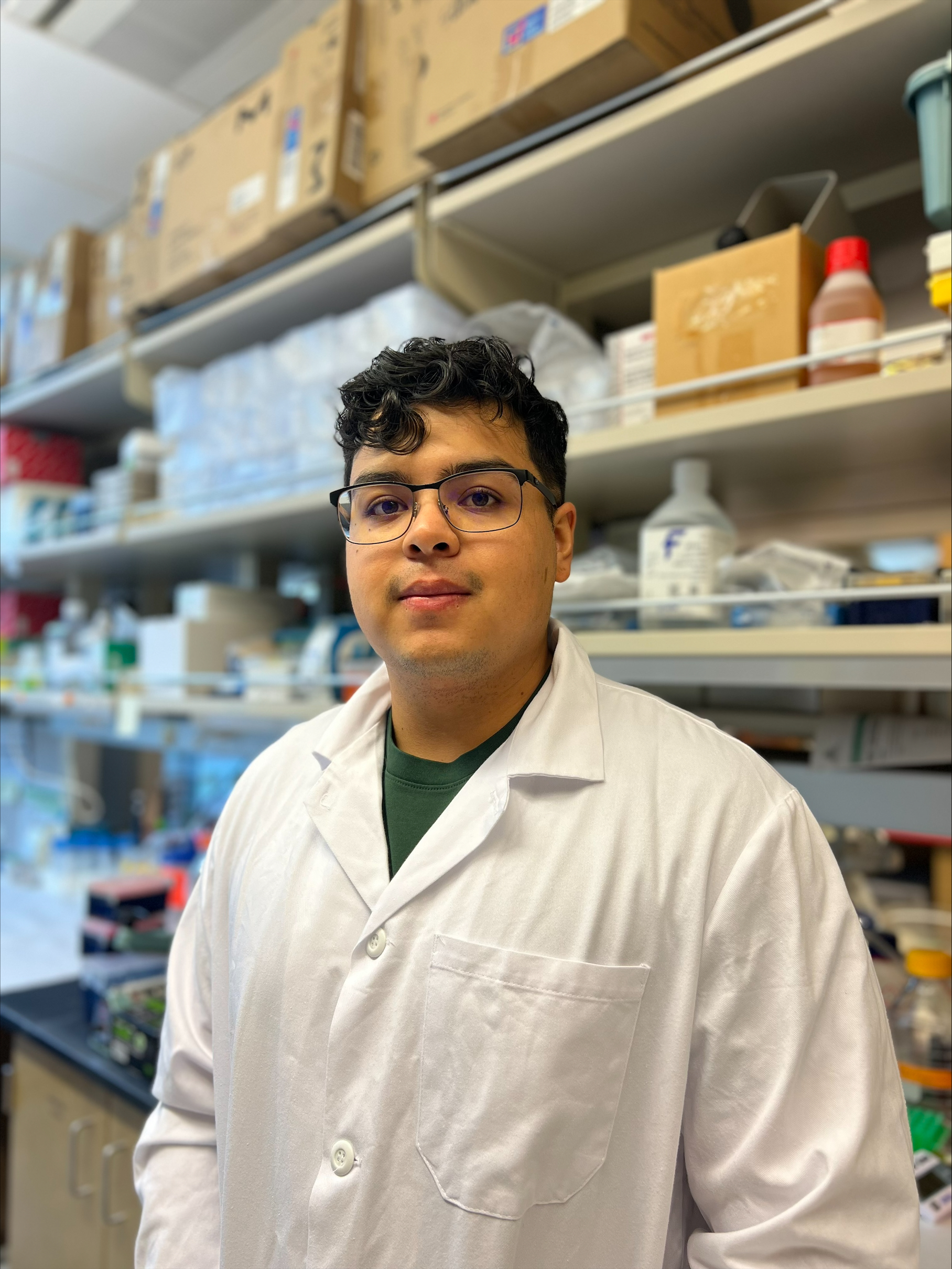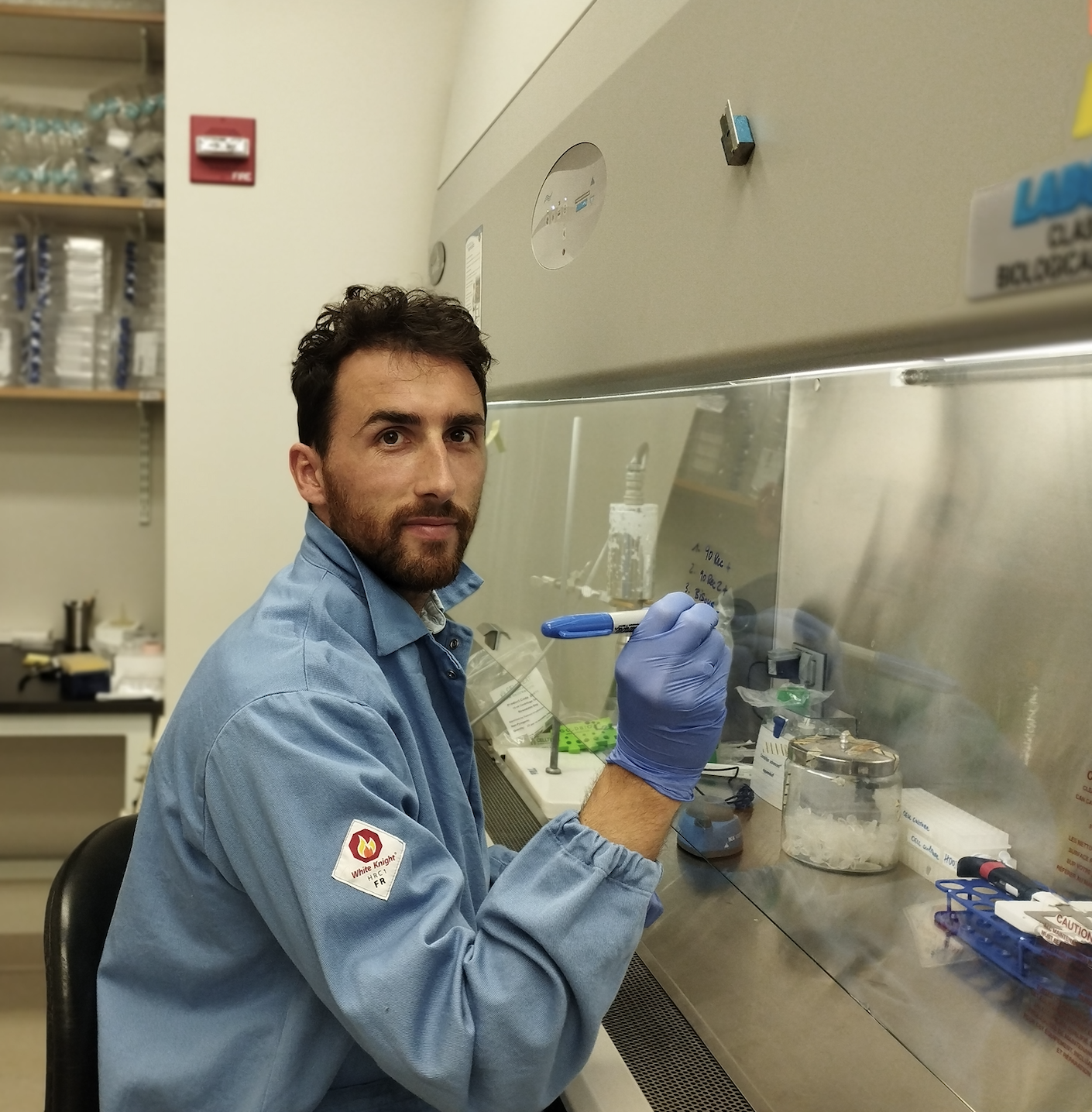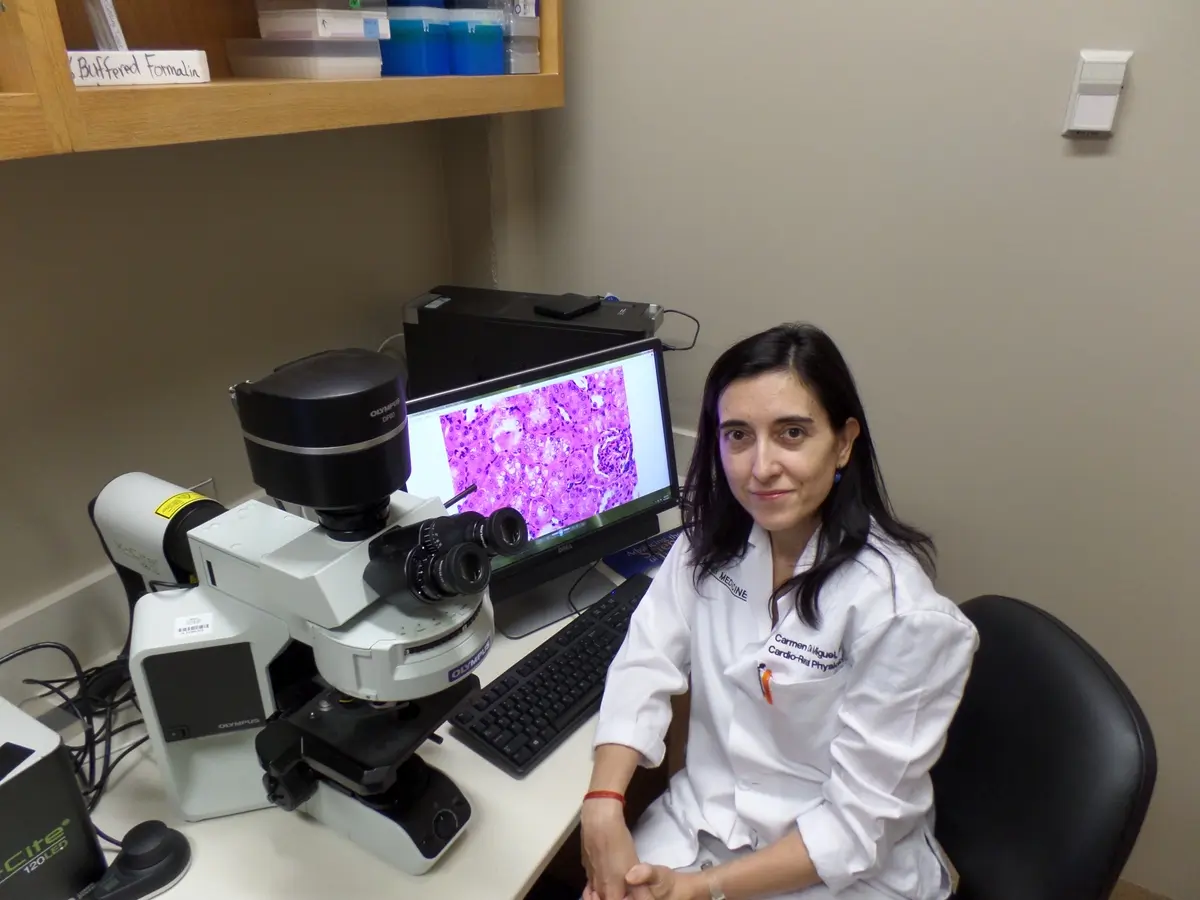Project Description
In Type 1 Diabetes (T1D), the immune system mistakenly attacks the cells in the pancreas that produce insulin, leaving the body unable to regulate blood sugar levels properly. While the cells that produce insulin are destroyed, other cell types in the pancreas remain unharmed, such as ductal cells, which make up about 30% of the pancreas. These ductal cells have the potential to be “reprogrammed” to become insulin-producing cells, but current approaches haven’t been very successful.
Our project aims to use a cutting-edge method to reprogram these pancreatic ductal cells into insulin-producing cells. This is done by using AI-designed mini-proteins called “EpiBinders” that can specifically target and activate certain genes necessary for this transformation. By delivering these proteins and special genetic tools into the ductal cells, we hope to “turn on” the genes that can convert these cells into insulin-producing cells, giving the body the ability to naturally produce insulin again.
If successful, this approach could lead to new treatments for people with T1D, potentially reducing the need for insulin injections and improving quality of life. This groundbreaking research could also open doors to new ways of regenerating cells and tissues, benefiting both diabetes research and other areas of medicine.

